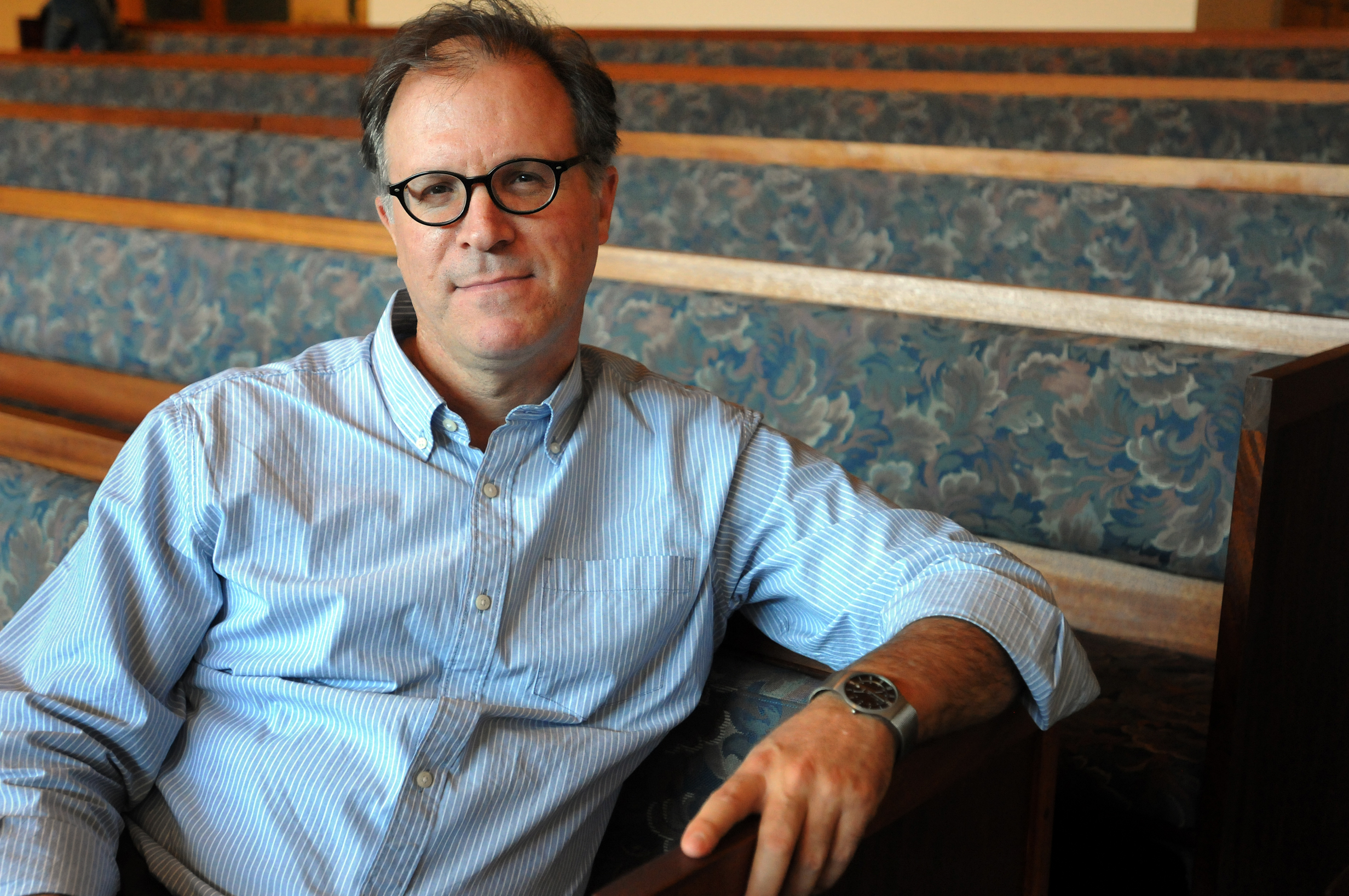Amherst professor discusses history of Crypto-Jews, anti-Semitism
November 9, 2018
 Courtesy of Kevin Gutting
Courtesy of Kevin GuttingWith issues of anti-Semitism and racism on the minds of many, Ilan Stavans, professor of Latin American and Latino culture at Amherst College, told the story of Crypto-Jews on Wednesday night. The term refers to Jews who secretly adhere to Judaism while publicly professing another faith.
As one of the leading voices of Jewish culture in the Latinx studies discipline, Stavans’ credentials in the field are extensive. In addition to being a professor at Amherst, he is a renowned scholar of Spanish language and literature, an influential essayist, fiction writer, translator and literary critic, as well as a New York Times bestselling author who has written dozens of scholarly books, memoirs and stories. His recent work includes a graphic novel adaptation of “Don Quixote.”
Over the course of the lecture, Stavans connected present-day rhetoric regarding the experiences of minorities in the United States to his personal identity.
“I am frightened; I am anxious by what’s happening in this country,” said Stavans. “I am a Mexican Jew who immigrated to the United States in the mid-80s, dreaming that being in this country would allow me to express and explain in ways that were not available in my home country.”
Stavans pointed to anti-Semitic and anti-immigrant political rhetoric, as well as current events, such as the shootings in Pittsburgh and Charlottesville, as concerns for Jews. He also named this political climate as the inspiration for his talk.
“I happen to be a part of two minorities at the crossroads … On one hand, the Latino minority—I am a Mexican, and thus I have been described as a bad hombre, a rapist, as someone who is coming from the South to overtake the North,” said Stavans. “I am also a Jew, have been called a usurper and have heard that ‘Jews will not replace us.’”
Students who attended the talk appreciated the fact that there was programming dedicated to Judaic topics, although some of them challenged aspects of Stavans’s lecture.
“I think it’s fascinating to study Crypto-Jews through a historical lens, but what I disagreed with at the end of the talk was that he was suggesting Crypto-Judaism as a way to survive and maintain our Jewish heritage today,” said Hillel president Miranda Miller ’19. “If we hide our Judaism in public and maintain our Judaism in private, we’re not contributing to a diverse culture in America, and I don’t think that’s the message Jews should receive after Pittsburgh.”
Samantha Schwimmer ’21, a member of the Hillel board, echoed this sentiment.
“My concern with this particular talk was that the Jewish response should be to hide,” said Schwimmer. “The biggest flaw in the talk overall was the reliance on the narrative of Crypto-Jews without acknowledging that Judaism has only survived, because Jews were willing to be open.”
Stavans spoke at length regarding the history of Sephardic Jews who were expelled from Spain by the Edict of Granada in 1492, during the Spanish Inquisition. He also discussed his research revolving around present-day Crypto-Jews in North and South America and addressed the question of why Crypto-Jews have recently come out of hiding.
The lecture was funded by the Harry Spindel Memorial Lecture Fund, which brings accomplished and influential scholars to Bowdoin to discuss topics in Judaic studies or contemporary Jewish affairs. It was established in 1977 by Rosalyne Spindel Bernstein, a former Bowdoin Trustee and honorary degree recipient, and her husband, the late Sumner Thurman Bernstein. The lecture series is named after Rosalyn’s father, Harry Spindel, to honor his memory and his devotion to Jewish learning.

Comments
Before submitting a comment, please review our comment policy. Some key points from the policy: